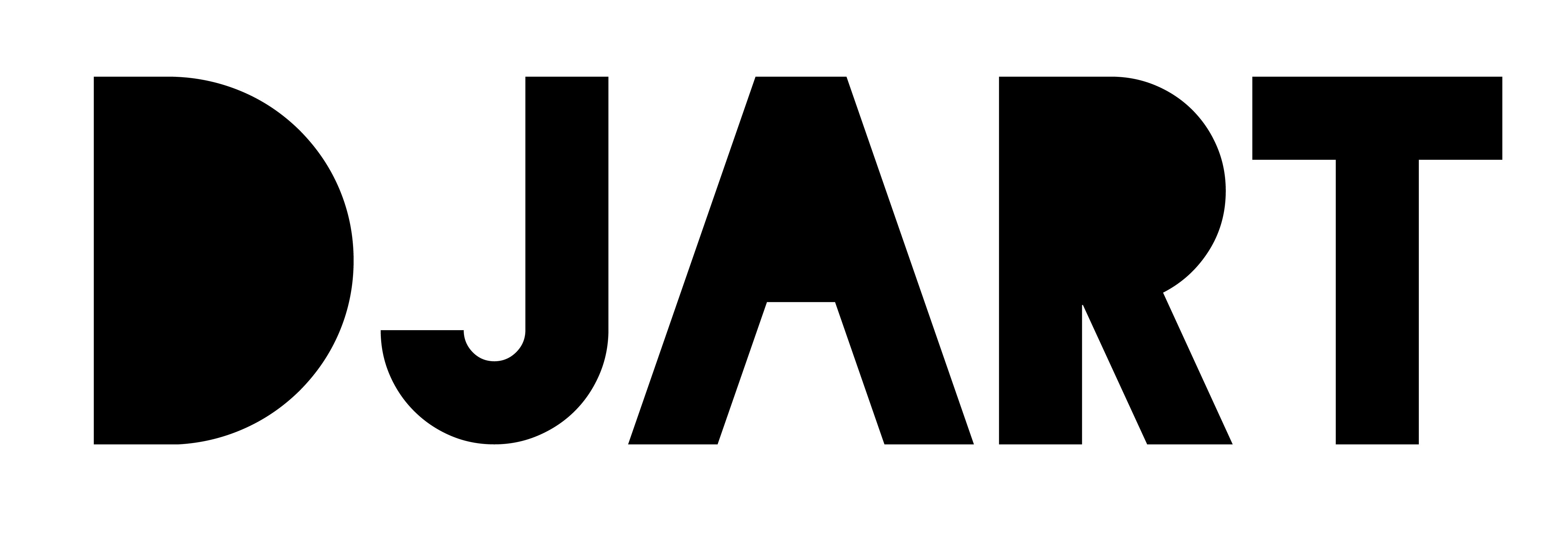
DJART PROGRAM PICTURES DOCUMENTARY TEAM PRESS SPONSORS
DJART, combines the words ‘Djazair’ and ‘art’ that in Arabic mean respectively Algeria and neighbour. This closeness and complicity will help us explore the Algerian cultural reality open and in relation to the rest of the Mediterranean realm.
DJART is a transcultural and interdisciplinary event presenting the contribution of international artists and researchers with diverse backgrounds. It promotes freedom of speech and expression based on a non-discriminatory approach. The event focuses on the current political dimension regarding mobility, citizenship, migration, colonial heritage by reflecting upon contemporary subversive art practises.
In a time when global capitalism have shortened the distances and made easier the mobility of commodities, including art works, we see that at the contrary people face more and more restrictions in the act of going beyond borders. If mobility is allowed then often it is because one owns a substantial bank account or because of institutional support, as it will be in the case of DJART.
The power relations among countries and the legal regimes that have been created – according to each nation-state and to sovra-national apparatus such as Europe, West African States (ECOWAS) and the East African Community (EAC), etc. – are establishing who can move and who cannot move, who is more “citizen” then others.
During the colonial time borders were created upon Africa for capitalist industrialization by exercising repression and death. Today as in the past the white dominating “liberal” system is perpetuating, here and there, forms of exclusions, marginalization and exploitation. Which effects did that system originate in the colonized countries behind the process of (de)colonisation? Which strategies were and are carried out to resist and not to conform to the imposed systems including the western artistic canonical parameters? What is the responsibility of Europe in modern migration patterns? How is it possible that on one side it spreads “democratic values” while at the same time is neglecting selected categories of people to approach costs on the other side of the Mediterranean sea?
In the last years many countries from the Mediterranean area are facing radical changes in politics, economy and society. Modes and spheres of life are put into discussion. Where does art situate itself in this very moment? How does it respond to and accompany these changes? How can art be used as a decolonial option?
To meet in Algeria means to us a possibility to reflect on these and more questions, to exchange knowledge and experiences that departs from different social/political contexts. To learn different histories that we may have not heard before. To create narratives that transcends borders being aware and critical toward the constitutive hegemonic structures.
We want to explore how cultural/artistic networks, such as TCD, grassroots movement, collective identities and migration flows can and are changing the discourse and practises of “citizenship”. We aim to give visibility to forms of self-determination and political subjectivity in society. Forms that are critically challenging the dominant narratives and stereotypical categorized thinking trough emancipatory art.
DJART seek also to reclaim, recuperate and creating spaces with the local community, spaces there are not just physical but also of participation, coming together, sharing, cohesion and exchange.
The program provides activities, on the aforementioned themes such as panel discussions, workshops, artist talk, exhibition, film screening, book and project presentations, musical shows and performances, with a particular attention to the use of public spaces.
This involves an occasion to generate constructive and proactive confrontations, discourses, practices and future collaborations among different actors, general public, artists, researchers, youth, associations and institutions.